The attack
Algerian French brothers Chérif and Saïd Kouachi, armed with assault rifles, entered the magazine's offices on January 7, 2015, at 11.30 AM. Initially, they killed caretaker Frédéric Boisseau. They then forced cartoonist Corinne ("Coco") Rey to enter the security code that granted access to the second floor, where an editorial meeting was being held. The attackers stormed into the newsroom, and police officer Franck Brinsolaro, who had been detailed to protect Charlie Hebdo editor Stéphane ("Charb") Charbonnier, was shot before he had the chance to draw his weapon. The attackers then asked for Charbonnier and four other cartoonists—Jean ("Cabu") Cabut, Georges ("Wolin") Wolinski, Bernard ("Tignous") Verlhac, and Philippe ("Honoré") Honoré—by name before killing them as well. Their other victims were economist Bernard Maris and psychoanalyst Elsa Cayat, both columnists for Charlie Hebdo, copy editor Mustapha Ourrad, and journalist Michel Renaud, a guest at the meeting.
About attackers
The attackers, identified as Saïd Kouachi and Chérif Kouachi were French citizens born in Paris to Algerian immigrants. Chérif was arrested at age 22 in January 2005 when he and another man were about to leave for Syria, at the time a gateway for jihadists wishing to fight US troops in Iraq. Upon leaving prison, Chérif Kouachi married and got a job in a fish market on the outskirts of Paris. He became a student of Farid Benyettou, a radical Muslim preacher at the Addawa Mosque in the 19th arrondissement of Paris. According to an article published by CNN, Kouachi wanted to attack Jewish targets in France, but Benyettou told him that France, unlike Iraq, was not "a land of jihad". On 28 March 2008, Chérif was convicted of terrorism and sentenced to three years in prison, with 18 months suspended, for recruiting fighters for militant Islamist Abu Musab al-Zarqawi's group in Iraq. From 2009 to 2010, Saïd Kouachi visited Yemen on a student visa to study at the San'a Institute for the Arabic Language. In 2011, Saïd returned to Yemen for a number of months and trained with al-Qaeda in the Arabian Peninsula militants.
After attack
Thousands of people demonstrated against the attack in various parts of France. It is estimated that around 35,000 people gathered in Paris holding "Je Suis Charlie" signs. 15,000 people also gathered in Lyon and Rennes. 10,000 people gathered in Nice and Toulouse; 7,000 in Marseille; and 5,000 each in Nantes, Grenoble and Bordeaux. Thousands also gathered in Nantes at the Place Royale. Similar demonstrations and candle vigils spread to other cities outside France as well, including Amsterdam, Brussels, Barcelona, Ljubljana, Berlin, Copenhagen, London, and Washington, D.C. Around 2,000 demonstrators gathered in London's Trafalgar Square and sang La Marseillaise, the French national anthem. Similar demonstrations were observed in Canada, USA, Australia, and European countries.
Islamic doctrine on blasphemy
In Islam, blasphemy is not only the mocking or vilifying of attributes of Islam but denying any of the fundamental beliefs of the religion. In the modern Muslim world, the laws pertaining to blasphemy vary by country, and some countries prescribe punishments consisting of fines, imprisonment, flogging, hanging, or beheading. A number of verses in the Quran have been interpreted as relating to blasphemy.
The only punishment for those who wage war against Allah and his messenger and strive to make mischief in the land is that they should be murdered or crucified, or their hands and their feet should be cut off on opposite sides, or they should be imprisoned. This shall be a disgrace for them in this world, and in the hereafter, they shall have a grievous chastisement. Except those who repent before you overpower them; so, know that Allah is forgiving, merciful. — Quran 5:33–34
When you hear Allah's revelations disbelieved in and mocked at, do not sit with them until they enter into some other discourse; surely then you would be like them. — Quran 4:140
According to several hadiths, Prophet Muhammad ordered a number of enemies executed "in the hours after Mecca's fall". One of those who was killed was Ka'b ibn al-Ashraf, because he had insulted Muhammad. The Prophet said, "Who is ready to kill Ka'b ibn al-Ashraf, who has really hurt Allah and His Apostle?" Muhammad bin Maslama said, "O Allah's Apostle! Do you like me to kill him?" He replied in the affirmative. So, Muhammad bin Maslama went to him (i.e. Ka'b) and said, "This person (i.e. the Prophet) has put us to task and asked us for charity." Ka'b replied, "By Allah, you will get tired of him." Muhammad said to him, "We have followed him, so we dislike to leave him till we see the end of his affair." Muhammad bin Maslama went on talking to him in this way till he got the chance to kill him. Narrated Jabir bin 'Abdullah — Sahih al-Bukhari, 4:52:270
According to Deobandi beliefs, Islam regards blasphemy against the Prophet a very heinous crime and the Quran strongly forbids blasphemy and makes 11 references to it: 2:88, 4:15, 5:17, 5:64, 5:68, 5:73, 6:19, 9:74, 11:19, 14:28, 39:8. They are all against it. Mufti Obaidullah Qasmi wrote an article on Deoband Online in which he cited that at the conquest of Makkah, the Holy Prophet Muhammad (p.u.h.) announced general amnesty to all except those who were guilty of blasphemous acts and sacrilegious statements. Both Nasai and Sunan Abu Daud, famous Hadith books, narrate that a slave Jew woman was killed by her master for her repeated blasphemy against the Prophet, and when the case was brought to the Prophet's notice, he declared no retaliation against the master. (Hadith No.4348).
Challenge to Democracy
France is not a Sharia-based country. It has its own laws as per its Constitution. Instead of the legal way, Islamists followed Sharia law. After the incident, the circulation of the French satirical weekly newspaper Charlie Hebdo increased. French Government also made laws after the incident. Charlie Hebdo has criticised not only Islam but also other religions. However, the followers of non-Islamic faiths have not carried out any brutal attacks. Charlie Hebdo was criticised during the debate, and several clergies condemned Charlie Hebdo by issuing statements and press releases. However, terrorism activities by Islamists under the interpretations of Islamic doctrine have been increasing day by day across the world and challenging features of Democracy in respective countries.
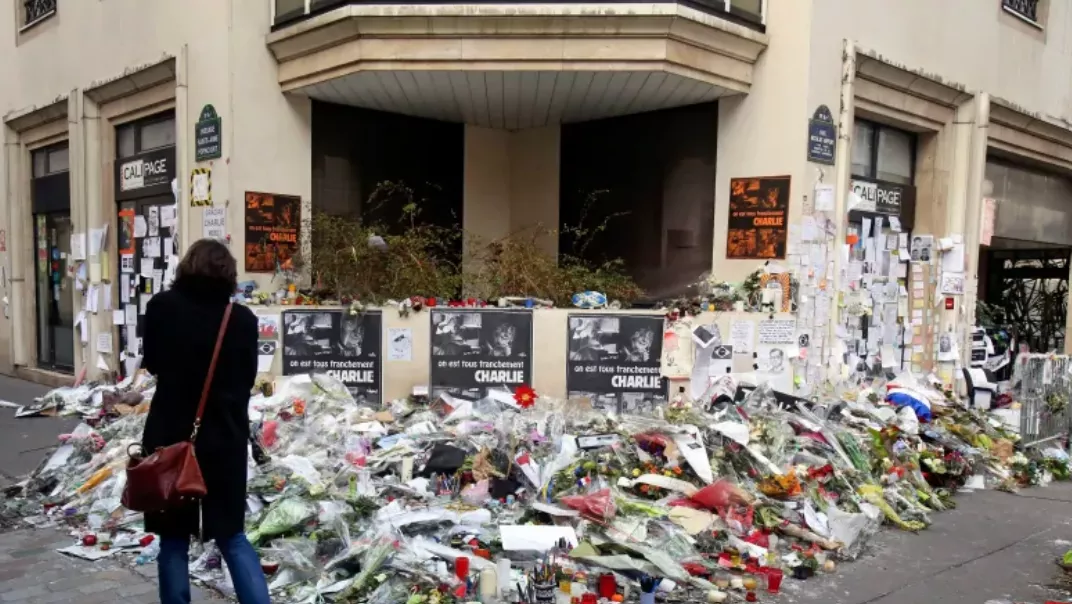
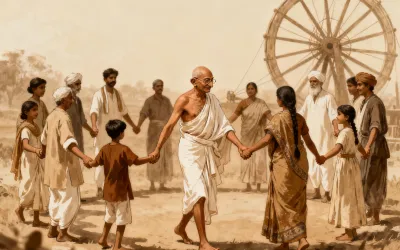

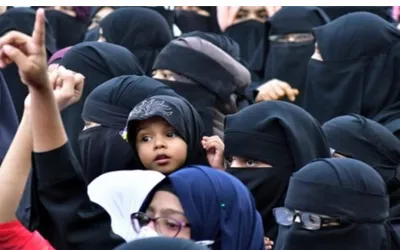
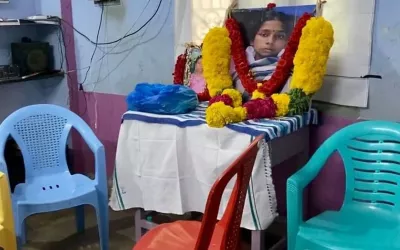
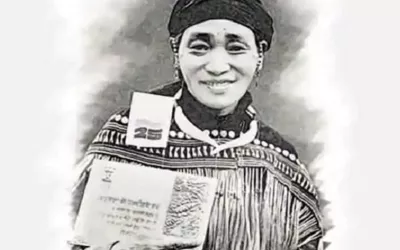
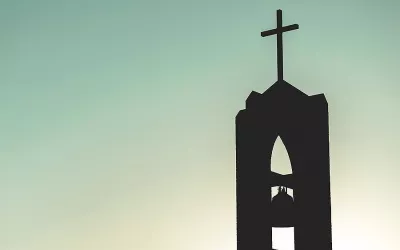
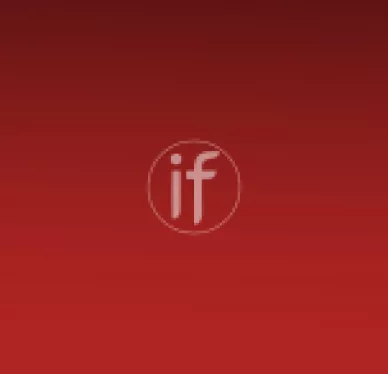
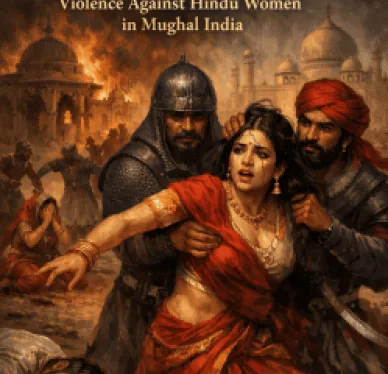
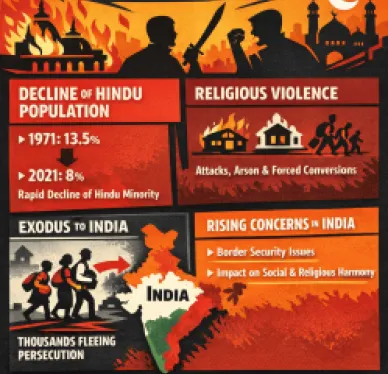
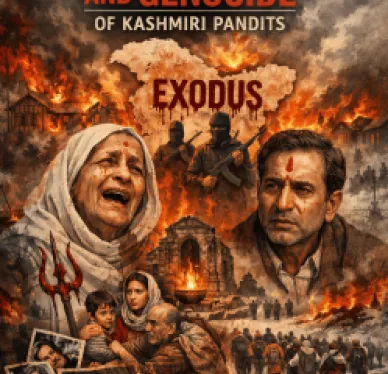
Comments
Add new comment